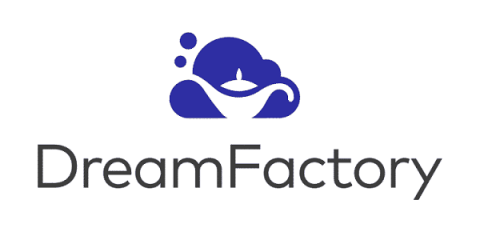Systems | Development | Analytics | API | Testing
Latest Posts
What are Micro Apps on iOS?
What Are Microservices? What You Need to Know
API Trends: From Monolithic to Microservices
iPaaS Pros & Cons: The Benefits and Challenges of Integration Platform as a Service
With the explosion of cloud services, microservices – and the increasing demands of digital transformation – enterprises are adding and removing business applications at a breakneck pace. Most large businesses are juggling an average of 788 custom business applications, and the number is growing.
iPaaS Tools: Comparison of iPaaS Solutions
With the relative newness of the iPaaS (Integration Platform as a Service) vertical, no single platform has emerged as the de facto iPaaS for enterprises. This can present a challenge if you’re trying to choose among the large pool of iPaaS solutions available – especially when certain solutions labeled “iPaaS” serve very different use-cases. To help you sort through the rich sea of available iPaaS products, this guide starts by organizing the iPaaS market into four categories.
iPaaS Use Cases: How Enterprises Are Using Integration Platform as a Service Technology
iPaaS (Integration Platform as a Service) technology is a powerful, easy-to-use solution for managing, governing, and integrating cloud-based applications and services. Beyond this simple definition, however, the term “iPaaS” can mean a lot of different things – depending on how your organization deploys it. To help you understand the full length and breadth of this technology, we’ve compiled this complete list of iPaaS use cases.
iPaaS Benefits: 8 Reasons Why Businesses Are Flocking to Integration Platform as a Service
Modern enterprises require a host of applications to manage their bookkeeping, inventory, marketing, and more. Finding powerful applications to cover these needs isn’t very difficult, but building the integrations that synchronize data between these solutions can be costly and labor-intensive while requiring enormous amounts of technical expertise. This is where Integration Platform as a Service (iPaaS) technology can help.
ESB and API Management: Which One and Why?
With new systems, applications, and data sources added on a regular basis, IT environments are growing more complex than ever before. To deal with this complexity, organizations are relying on API management solutions that make their environments more tightly connected, facilitating information exchange. It’s no surprise, then, that the API management industry has never been stronger.
What is iPaaS? Definition and Benefits
These days organizations commonly rely upon dozens of databases, applications, and third-party services for powering critical business infrastructure such as web and mobile applications, business analytics, and customer outreach initiatives. Examples of such indispensable technologies include Microsoft SQL Server, Salesforce, and Intercom.


